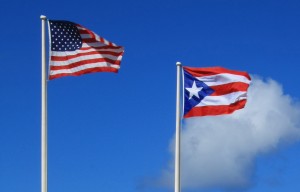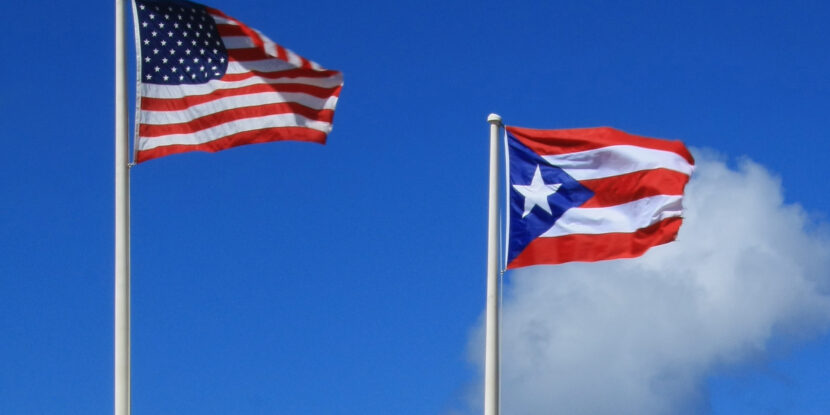
A federal judge has upheld Puerto Rico’s definition of marriage as between one man and one women. While the U.S. Supreme Courts decision in Obergefell v. Hodges extended marriage to same-sex couples, U.S. District Court Judge Juan Pérez-Giménez asserted that the ruling does not apply to the Commonwealth of Puerto Rico, which is an unincorporated U.S territory.
Judge Pérez-Giménez said of Obergefell ruling: “One might be tempted to assume that the constant reference made to the ‘States’ in Obergefell includes the Commonwealth of Puerto Rico. . . . Yet, it is not the role of this court to venture into such an interpretation.”
He based his ruling on Puerto Rico’s status as an “unincorporated territory” that “is not treated as the functional equivalent of a State for purposes of the Fourteenth Amendment,” reasoning that the U.S. Constitution applies only partially to a territory like Puerto Rico. “Under this doctrine,” he wrote, “‘the Constitution applies in full in incorporated Territories surely destined for statehood but only in part in unincorporated Territories.'”
As general background, the Commonwealth of Puerto Rico, has one non-voting member of Congress. In addition Breitbart explains: “The Commonwealth of Puerto Rico has its own Civil Code, which enshrines traditional man-woman marriage in the recognized definition of the institution. It states that marriage is ‘a civil institution, originating in a civil contract whereby a man and a woman mutually agree to become husband and wife and to discharge toward each other the duties imposed by law.’”
Breitbart is clear to show the legal precedent:
In his decision, Perez-Gimenez cites Murphy v. Ramsey, an 1885 Supreme Court Ruling against polygamy, which examined the case of Utah, which at the time enjoyed pre-state status not unlike that of Puerto Rico today.”
That SCOTUS decision reads:
For, certainly, no legislation can be supposed more wholesome and necessary in the founding of a free, self-governing commonwealth, fit to take rank as one of the co-ordinate states of the Union, than that which seeks to establish it on the basis of the idea of the family, as consisting in and springing from the union for life of one man and one woman in the holy estate of matrimony; the sure foundation of all that is stable and noble in our civilization; the best guaranty of that reverent morality which is the source of all beneficent progress in social and political improvement.
Brittany Klein is the co-author of Jephthah’s Daughters: Innocent Casualties in the War for Family ‘Equality’ and serves on the board and academic council of the International Children’s Rights Institute.


